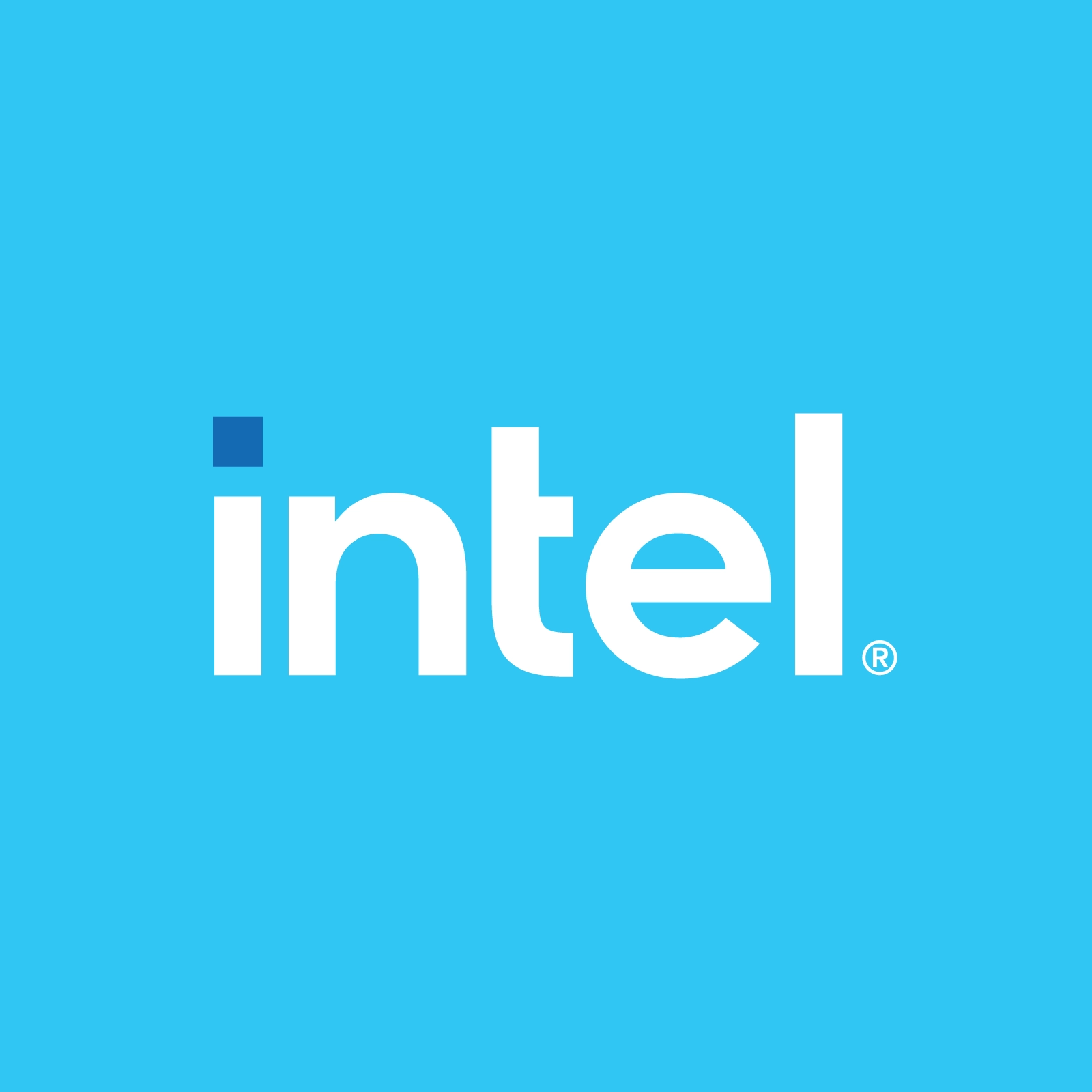Frictionless Solutions for the Future of Retail
The future of retail is being built daily, but one thing is practically certain – as a continuation of pre-pandemic trends and in the wake of COVID-19, consumers will be on the lookout for frictionless experiences.
In this episode of To The Edge and Beyond, the host Tyler Kern explores the use cases Intel’s Internet of Things Group brings to frictionless retail and the solutions that are powering it with Intel’s Christie Rice, Retail Business Development Director, and Samir Sandesara, Platform Architect for Retail.
Frictionless retail is a hot topic in industry outlets. Frictionless includes a wide range of solutions, such as self-checkout, grab-and-go stores, kiosks and more. Technology building blocks needed include artificial intelligence, IoT sensor data, and a range of components depending on the shopping format and context.
“Retail establishments view frictionless retail as a value for customers,” Rice said, adding that customer experience should be any company’s primary focus. “People today want service options that are fast and convenient.”
Whether in a retail store or a corporate environment, people want products quickly without waiting in lines and any unnecessary interactions. Having access to technology that makes the retail experience quicker is crucial and will ultimately lead to higher sales.
Intel’s role in frictionless retail is in designing technology that is adaptive to different environments. Visual processing is becoming more intricate, and Intel can provide adaptive technology in the form of both hardware and software for any frictionless retail environment. Real sense cameras also help with collecting depth data and assist in machine learning.
The capture of data is foundational. For example, if a store camera is mounted too high or is too pixilated, useful data will not be able to be extracted. Sandesara understands that the fundamental needs are simple – customers want a quick retail experience, and the technology can be adapted to meet specific needs. And gathered data provides a better understanding of the need and helps identify which solutions are best.
Although not a new conversation in retail, transaction security and customer privacy are primary to any frictionless experience. Intel and ecosystem partners work in context of the retail format to ensure compliance and that standards are met.
“Once you’ve implemented these systems, you can extract ever increasing amounts of decision-making information out of them. You do not have to redo sensor implementations over and over again if implemented right,” Sandesara said. “The same set of cameras can help you with not just frictionless, but also inventory management, food safety compliance, and employee assistance. It’s an investment for the future.”
Learn more about Retail with Intel by connecting with Christie Rice or Samir Sandesara on LinkedIn or visit http://www.intel.com/retail.
Subscribe to this channel on Apple Podcasts, Spotify or Google Podcasts to hear more from the Intel Internet of Things Group.




